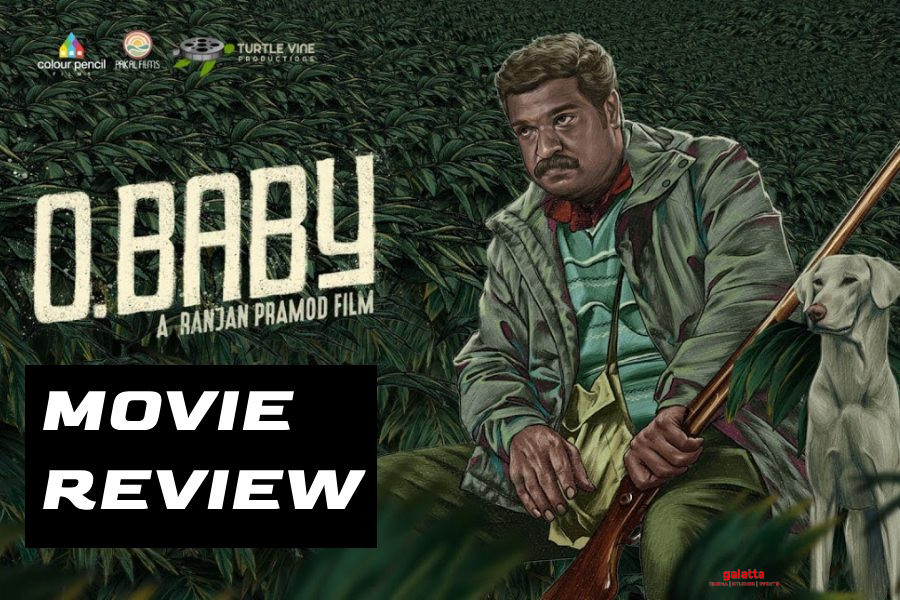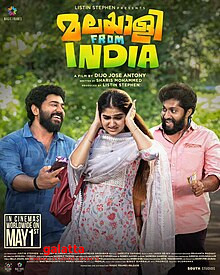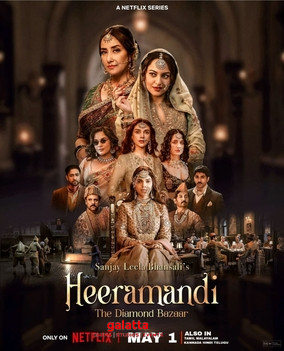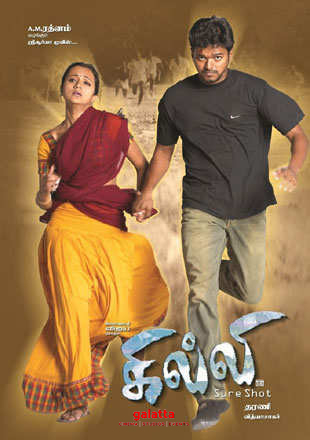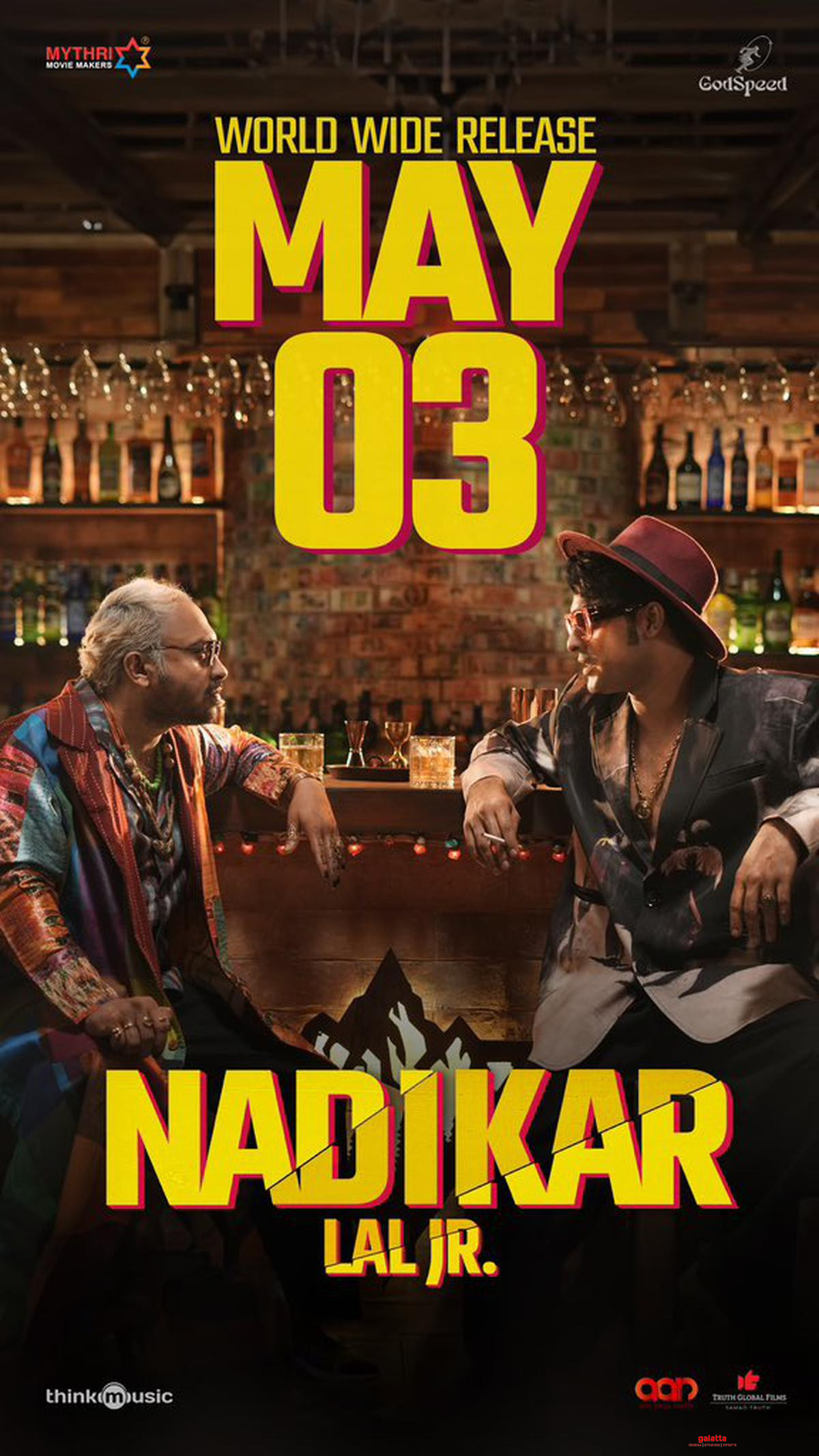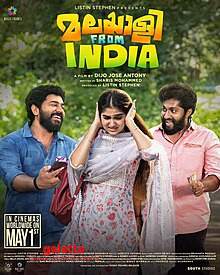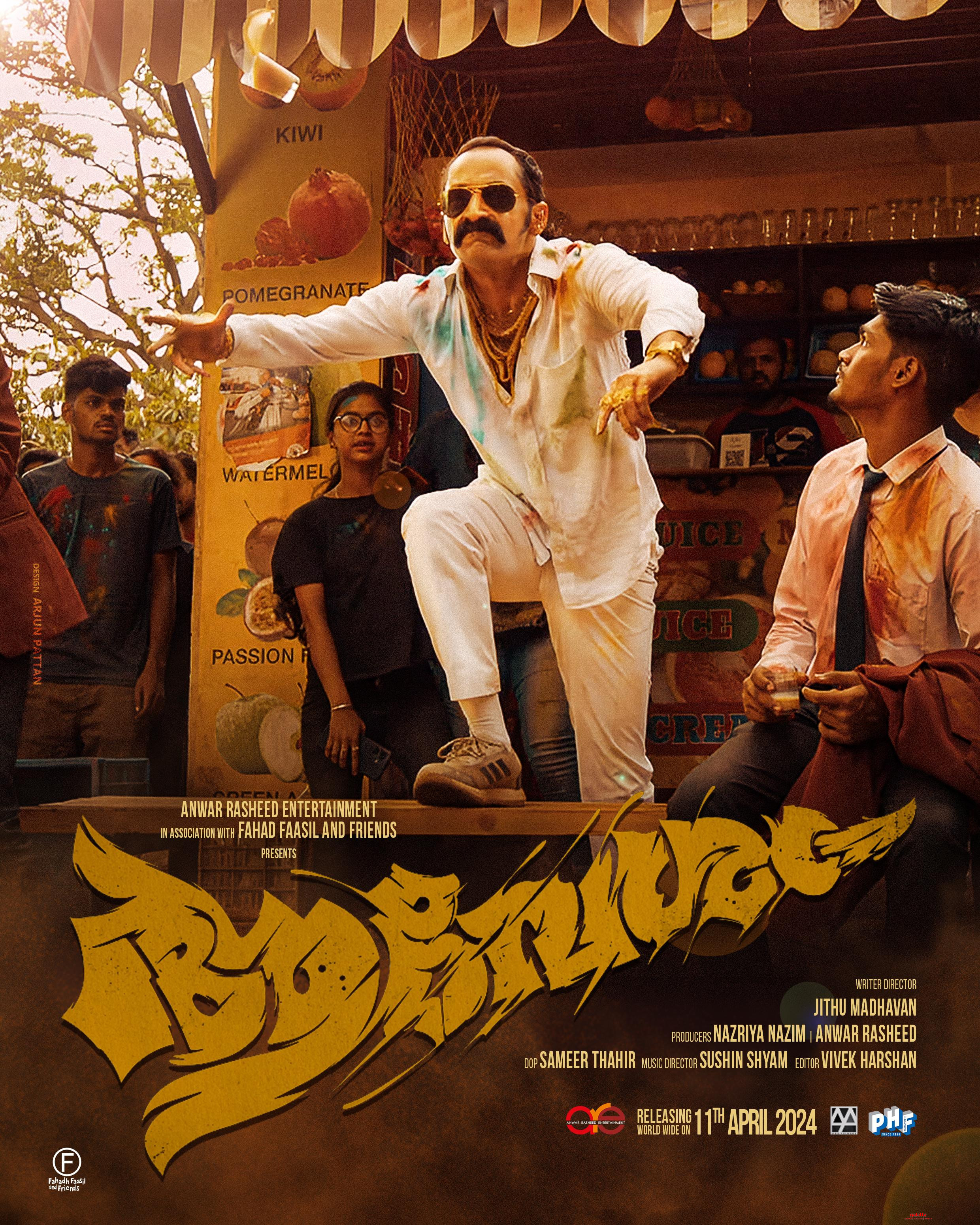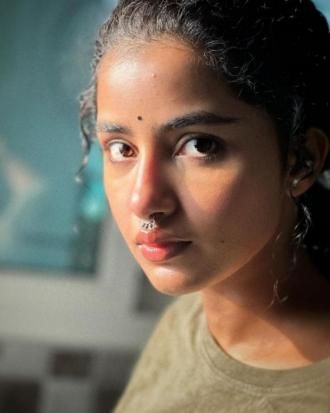O.Baby Movie Cast & Crew
A bunch of people land up at an event. It's a betrothal ceremony, but the bride is not smiling. She has plans to study further, get a job – and she certainly does not want to go abroad and settle down wherever the husband-to-be is working. During and just after the church ceremony, we meet three kinds of youngsters. We meet the meek bride who says "I do" before the priest, for the sake of her parents, who "own" her. We meet her rebellious younger sister, who yells at their parents for "committing a crime" by forcing – or emotional-blackmailing – their way through this engagement. The older and younger sisters are named Merin and Mini, and are played by Athulya Chandra and a spirited Haniya Nafisa. They are rich. They come from a plantation-owning family, which is also a feudal family. At one point, Mini asks why most of their family lives abroad. Maybe it was a means of escaping this oppression. Or maybe many of them were like Merin, and just could not say no to the people who "owned" them.
The third youngster we meet in Ranjan Pramod's O.Baby is Basil, played by Devadath VS. His family has been serving Merin and Mini's family for generations, but he speaks English and he speaks his mind. In a line I found a little too obvious about the film's themes, Basil tells his father that parents have an "ownership mentality" towards their children. They want their children not to be free-willed but to lead the lives the parents want them to have. The strange irony of this line is that Basil's father, the O.Baby of the title, is himself the victim of this ownership mentality. He is on pleasant terms with the plantation owners, but he behaves like a slave who's too eager to please and who knows his place. Even when the people who "own" him give him a drink, he turns around to have it. He cannot have that drink facing them, like an equal.
The broad arc of the narrative isn't exactly new: it's about Baby's awakening. But what the film is about is always less important than how this content is delivered – and Ranjan Pramod delivers a complex, layered piece of cinema. If Baby is in some ways the oppressed, there are the daily-wagers that he oppresses in other ways – for instance, chiding them for damaging three trees in a huge forest. His sense of loyalty – or to return to that other word, being "owned" – is such that he returns a small amount of forest produce that Basil has taken without permission. He does not realise that the forest – i.e., Nature – cannot be "owned" by a bunch of rich men. His spirit animal is his docile, white-coloured dog. What happens to it is what happens to Baby's docility. No longer will he say: "You should be satisfied with what you have."
We have seen Dileesh Pothan in a number of films now, but Baby is possibly his best role, and he delivers a brilliantly minimalist performance. The scene where he hugs Basil in bed broke my heart a little: the look on Dileesh's face establishes the father-son bond so beautifully. O.Baby is a minimalist film in many ways. Lijin Bambino's background score pops up only once in a while, leaving space for long, long stretches of silence. Arun Chalil's unflinching cinematography is minimalist. I think I noticed only one hand-held camera movement, towards the end. Otherwise, the frames are almost still, with just a bit of tilting or a gentle sideways pan. In other words, the director does not use artificial means to amp up the drama. The story, the staging, the performances – these are enough for him to deliver the blow he is after.
The story is set during the COVID lockdown, and the director builds it patiently, incrementally. I loved the super-realistic writing of how two young people fall in love over time. Both the characters and the narrative fall into place slowly, steadily. On the one hand, we have the patriarch, Mini and Merin's great-grandfather, who is paralysed and yet has a scheming mind. Translation: the old royalty may be dying, but they have cunning ways of perpetuating their old feudal ways. On the other hand, we have the forest, which is a character in itself. You may be able to conquer its geography with an all-terrain vehicle, as a character does, but its spirit remains unconquered. See how someone is brought back from near-death by a tribal medicine-man who follows the old ways of the forest. He declares that there is no need for a hospital. We even get a character named Vanarajan: king of the forest.
Ranjan Pramod's last film was the lovely and crowd-pleasing Rakshadhikari Baiju Oppu, whose laid-back protagonist could barely rouse himself into action. O.Baby follows a similar path, but it's a pricklier film and it has a lot more texture. The cops, unsurprisingly, side with the rich – and yet, the poor are not completely marginalised. One of the most brilliant scenes has Baby making love to his wife. A sex scene shot between two middle-aged people – two "servants", if you will – is lit and presented with the aesthetics you'd find in a more "upper-class" scenario. This is one of the few times the otherwise-realistic camerawork turns gorgeously romantic: it is cinema's way of saying everyone is equal. (The other time the film gets romantic is when Mini falls in love and her garden turns into a paradise.) A more direct sense of equality is brought about by the fact that Basil and Mini – slave and master, in Baby's eyes – make a business plan. At least in their generation, everyone is equal. They do not look at each other as different, as they are all united by technology. Even Baby's youngest daughter knows her way around Instagram.
O.Baby builds so beautifully that its message-y end doesn't feel preachy, but rightfully earned. We think the old patriarch's will is the thing that will anchor the plot, but it is just another tool of control used in these big families to continue what Basil called the "ownership mentality". Hunting is a metaphor throughout, so who "owns" the prized pair of tusks that now lie in the old man's room? The old man? Or the original tribals whose land his forefathers seized? The elephant that owned the tusks? Or the forest that was the animal's home? O.Baby comes around to the great big circle of life, in which we come with nothing and leave with nothing. All these things we fight about – like property, caste, class – are, to use a word Mini uses, "absurd".
